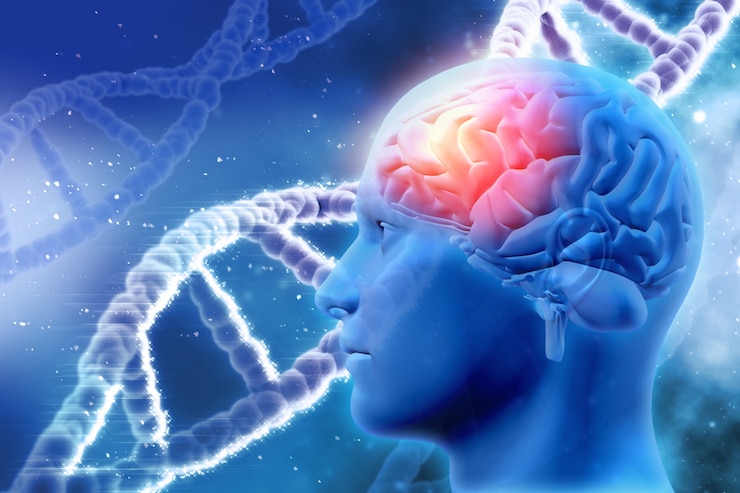How To Cope With Life After A Brain Injury?
A brain injury can be debilitating, both in the short-term and long-term. While you might recover faster from other physical injuries, brain injuries can leave you with cognitive impairment that requires time, patience, and effort to heal.
Luckily, many injuries to the brain are survivable with the proper care and treatment. This article explores several things you can do to cope with life after a brain injury, but let’s first understand life after a brain injury.
Contents
What Life After A Brain Injury Looks Like?

Life after surviving a brain injury can be challenging but not impossible to live through. Often, you might find yourself struggling with physical symptoms such as severe headaches, muscle weaknesses, dizziness, or even seizures.
Besides the physical symptoms, a brain injury can lead to cognitive impairments. According to the American Psychological Association, people with traumatic brain injuries struggle to pay attention, experience memory issues, and find it hard to make decisions.
Lastly, brain injury victims are likely to develop several emotional issues, including depression, mood swings, anxiety, and in rare circumstances, PTSD.
The emotional effects of brain injuries are mainly due to damage to the frontal lobe, which plays a crucial role in controlling emotions.
How To Cope With Brain Injuries?

1. Develop and Follow a Structured Routine
As you recover from a brain injury, it can be tempting to develop an unhealthy routine unknowingly. You might find yourself sleeping late, spending a lot of time online, or eating unhealthy meals.
You don’t have to feel guilty for the wrong choice of activities, as brain injuries can lead to forgetfulness and poor decision-making. However, you can develop a structured routine to help you stick to a healthy lifestyle.
A structured routine will act as your daily guideline. It will remind you of important tasks and activities you must complete without relying on anyone.
2. File a Compensation Claim
Severe brain injuries can drive you into financial challenges due to the high costs associated with their treatment and care. Luckily, if your brain injury was caused by someone else’s negligence, you may be able to file a personal injury claim.
However, for your compensation claim to be successful, you must prove the other party was at fault and justify your settlement request.
While you can handle things yourself, it is vital to work with a law firm that aggressively fights for all its clients to maximize your chances of a favorable outcome.
A law firm will guide you through the compensation claim process and ensure you get the amount you deserve. If your claim involves a personal injury lawsuit, a lawyer can help you build a strong case and represent you in court as you recover from your brain injury.
3. Seek Support
A support system is vital after a brain injury as it helps you deal with the many challenges of recovery following a brain injury. Therefore, try to seek help from friends and family or join a local group for brain injury survivors.
You can also look for professional support from a neuropsychologist. A neuropsychologist will help you deal with the common symptoms of brain injuries, including memory loss, inability to concentrate, and mood swings.
4. Have Adequate sleep
Sleep is essential while recovering from a brain injury as it is crucial to your cognitive health. Studies have shown that having enough sleep allows the brain to repair and recharge.
Therefore, try to develop a consistent sleep pattern by going to bed at the same time every day. Ensure you complete all your tasks a few hours before bedtime, take a warm bath, and listen to calming music that will soothe your sleep.
5. Eat Brain Healing Foods
Your brain’s injured tissues need extra nutrition to heal. So, it would help if you ate a brain-healing diet with plenty of nutrient-rich foods, such as fresh fruits, vegetables, eggs, fatty fish, and walnuts.
However, you must avoid the temptation of eating foods that can worsen inflammation and hinder neuroplasticity. These include fried foods and processed meals.
Read Also:
- The Impact of Stress on Health
- 6 Diet Trends For 2022 And How To Incorporate Them Into Your Lifestyle
- What Are Brain Disorders? Symptoms, Treatment, And Prevention



